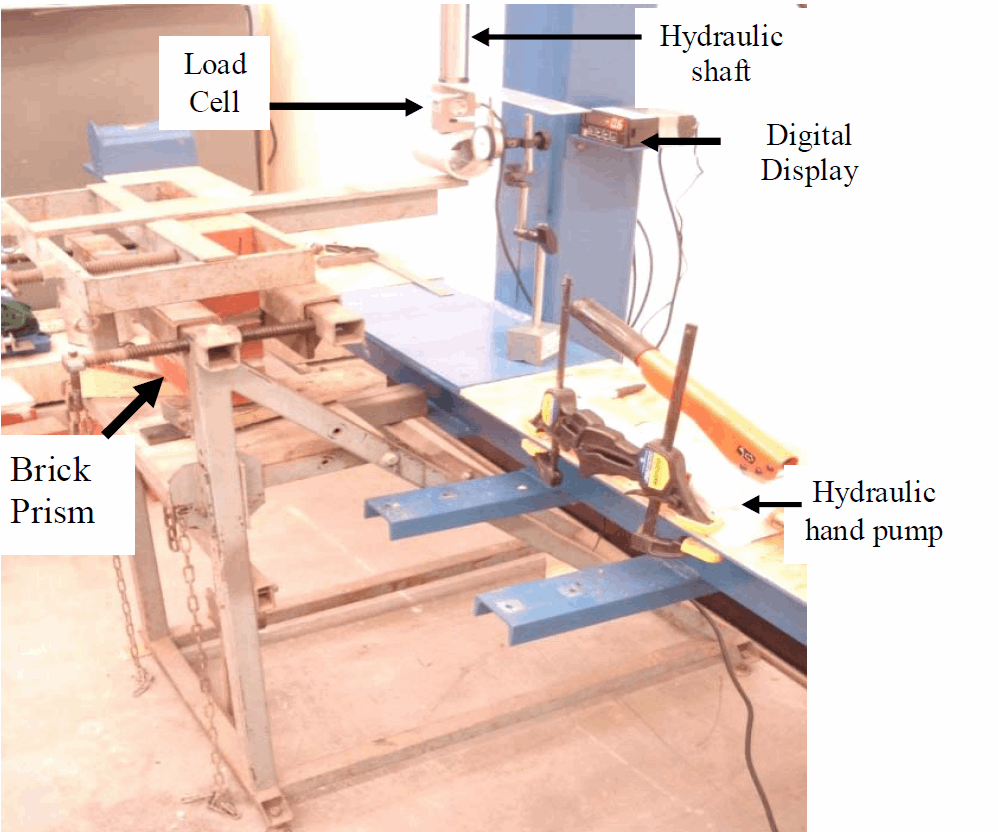R. Gupta1, S. Brzev2, and W. McEwen3
- Faculty, Department of Civil Engineering, British Columbia Institute of Technology, Burnaby, BC, V5G 3H2, Canada, rishi_gupta@bcit.ca
- Faculty, Department of Civil Engineering, British Columbia Institute of Technology, Burnaby, BC, V5G 3H2, Canada, sbrzev@bcit.ca
- Executive Director, Masonry Institute of British Columbia, Vancouver, B.C. V5M 1M3, Canada info@masonrybc.org
ABSTRACT
Bond development is key to the strength and durability of masonry structures and components. Various mortar types, with or without the inclusion of additives and admixtures, are currently being used in the industry. A recent study examined the performance of conventional and fiberreinforced mortars. Their flow, compressive strength, air content and flexural bond strength were measured. The tests on five different conventional mortars indicated that for the various mortar types investigated, Type S mortars provided higher bond strength than Type N mortars. The results suggest that the higher cement content and lower air content resulted in higher flexural bond strength.
Fiber reinforcement is widely used to produce more durable cement-based concrete mixes. However, the use of fibers is not common in masonry mortars, and their affect on bond is not completely understood. A testing program showed that the addition of 0.3% by volume of two types of synthetic fibers, macro and micro, increased the bond strength by at least 44% for hollow brick specimens, and by 23% for solid specimens. While full scale construction trials have not examined the practicality of mixing and applying fiber-reinforced mortars, the laboratory program showed that micro fibers were superior to macro fibers for mortar bond.
KEYWORDS: mortar, brick, bond, fiber reinforcement
B7-1



